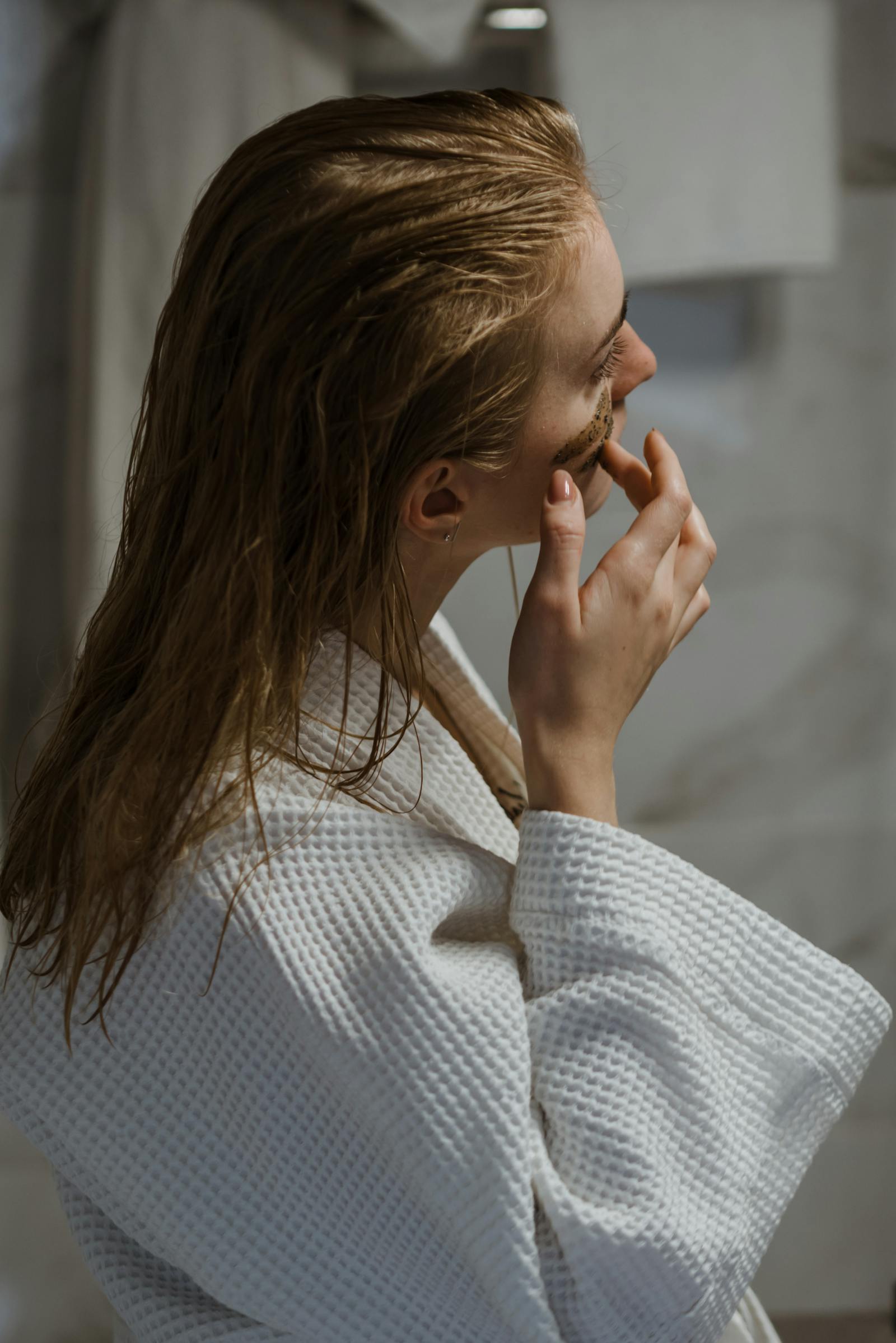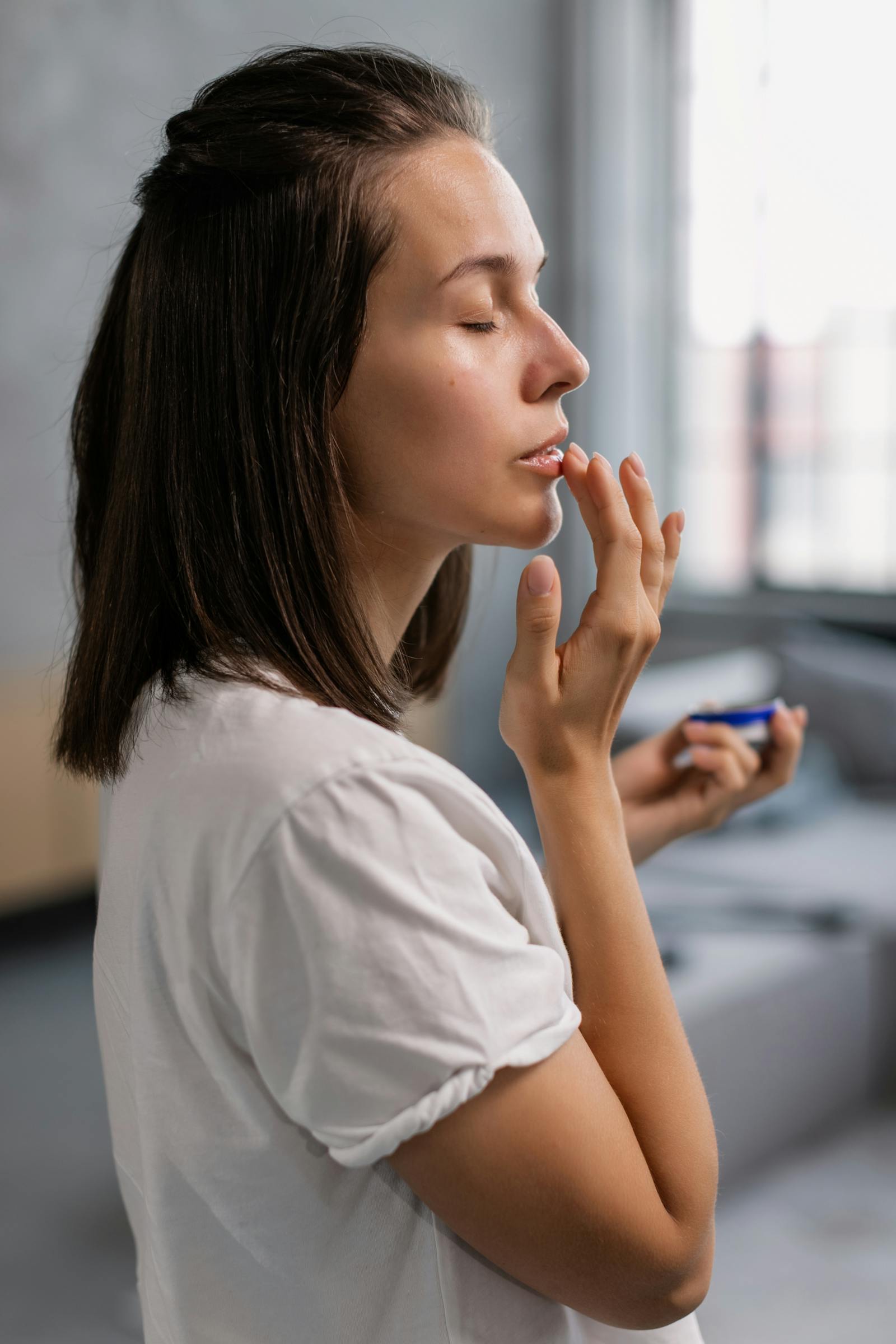Today the subject is super important and has to do with skin care and autumn and winter, which are times when our body needs a lot, a lot of care for it. That’s why, caring for your skin in autumn and winter is essential as the colder, drier weather can have a significant impact on your skin’s health and appearance. Here are some tips to help you take good care of your skin during these seasons:

Cold air and indoor heating systems can strip your skin of moisture. Use a rich, hydrating moisturizer to keep your skin supple. Consider switching to a thicker, oil-based moisturizer during the colder months. Furthermore, I always say that hydrating your skin goes far beyond a simple moisturizer, you also need to drink plenty of water.
Indoor heating systems can make the air dry, which can dehydrate your skin. Use a humidifier to add moisture to the air in your home, which will help your skin retain moisture. Avoid harsh, drying cleansers. Conclude for a gentle, hydrating cleanser to avoid stripping your skin of its natural canvases. Consider cleansing with lukewarm water instead of hot water.
Exfoliating helps remove dead skin cells and allows moisturizers to penetrate more effectively. Use a gentle exfoliant 1-2 times a week to keep your skin looking fresh and radiant. Even in the colder months, UV rays can harm your skin. Apply a broad-spectrum sunscreen with at least SPF 30, especially on exposed areas like your face and hands.

Lips are especially vulnerable to dryness in the colder months. Use a good quality lip balm to keep your lips watered and defended. Drink plenty of water to maintain skin moisture and overall health.
Wear warm clothing, including scarves, hats, and gloves, to protect your skin from cold winds and low temperatures. Hot water can disrobe your outside of its natural oils.
Oil-based products, such as serums and moisturizers, can provide an extra layer of protection for your skin during the colder months. High indoor temperatures can dry out your skin. Keep your home comfortably warm, but not excessively hot.

Regular exercise can improve blood circulation, which is beneficial for your skin. Just be sure to shower and moisturize after your workout. Consume foods rich in antioxidants, vitamins, and healthy fats, such as fruits, vegetables, and omega-3 fatty acids. A well-balanced diet can support your skin’s health.
Apply hydrating face masks once a week to give your skin an extra boost of moisture. They can give individualized advice and treatment options acclimatized to your requirements.
Remember that everyone’s skin is unique, so it’s essential to adapt your skincare routine to your individual needs and skin type. Regularly assess your skin’s condition and make adjustments as necessary to keep it healthy and radiant throughout autumn and winter.


